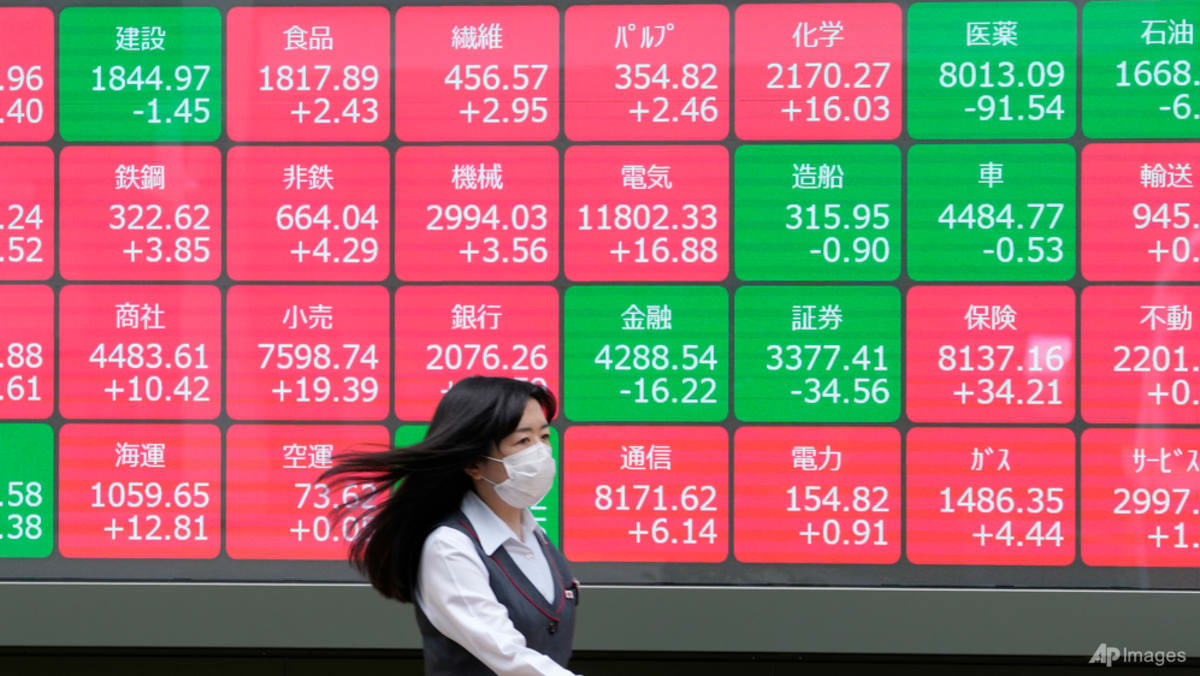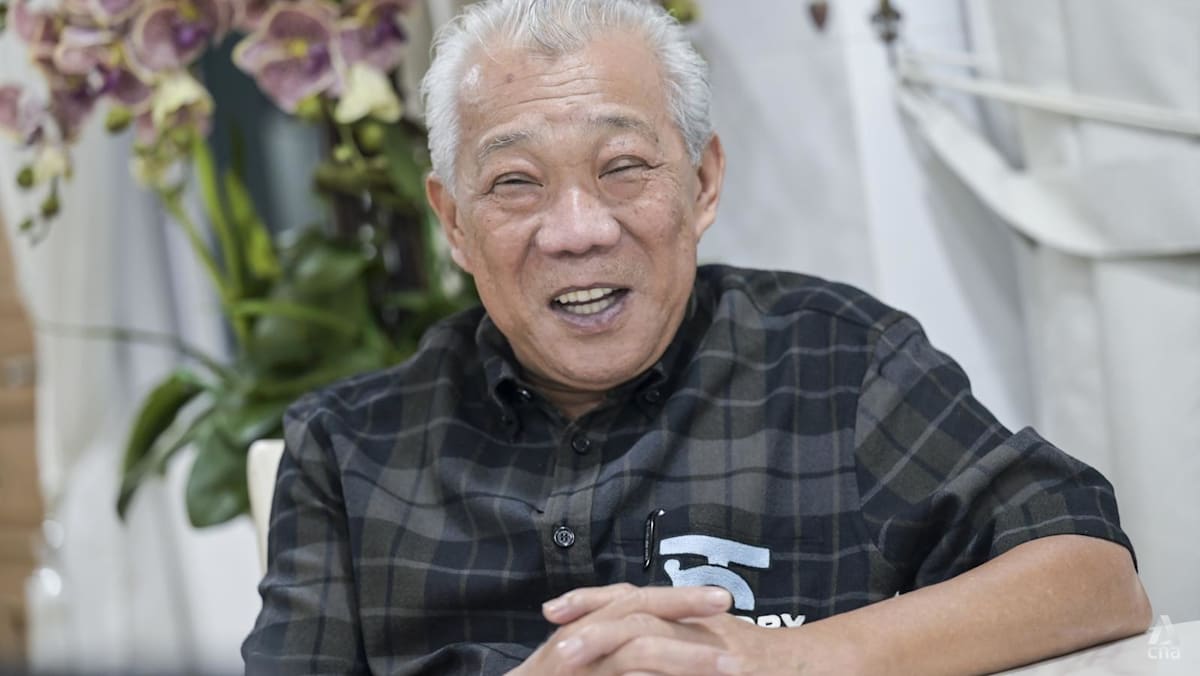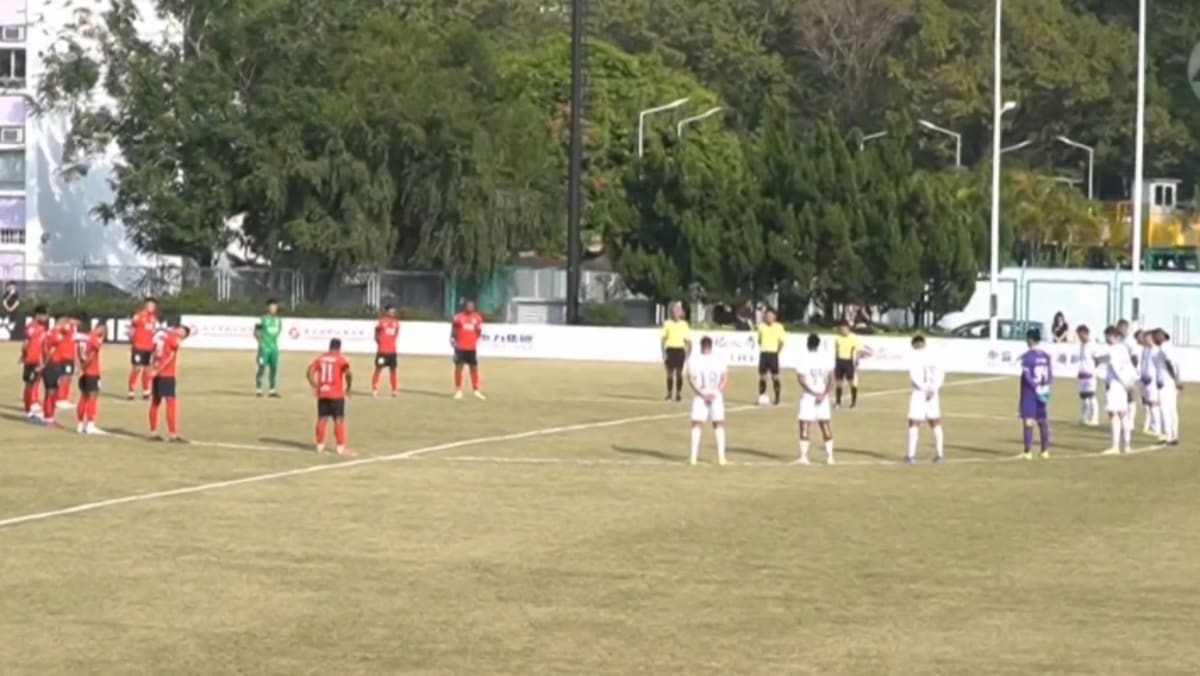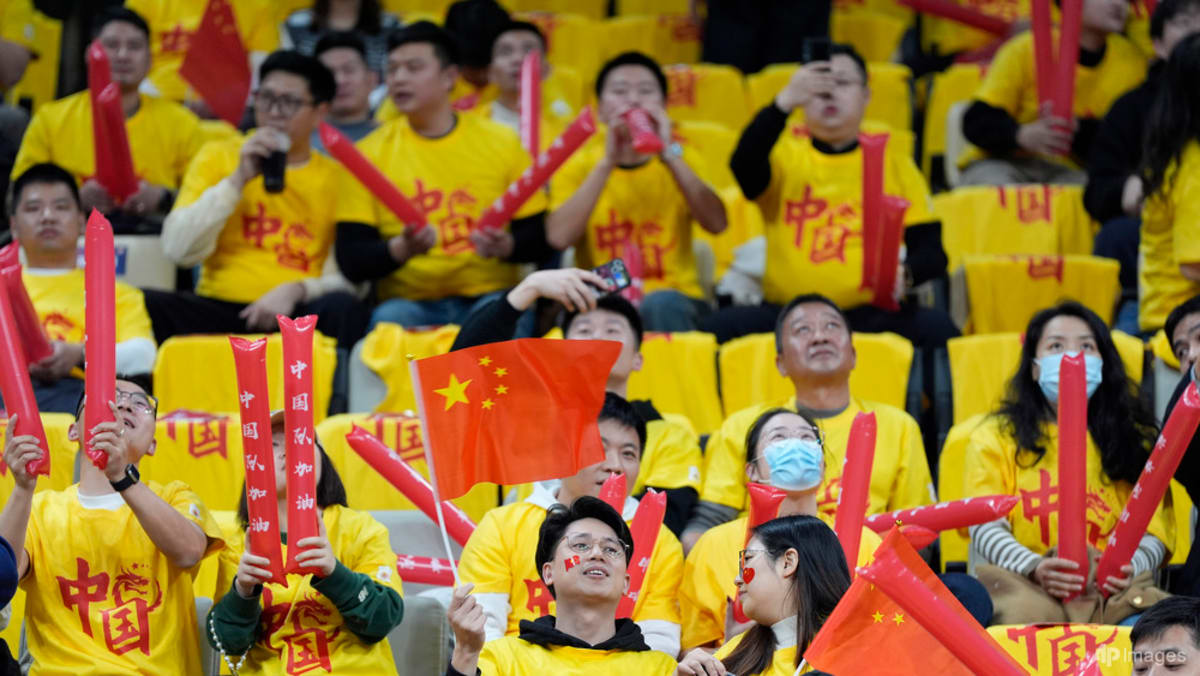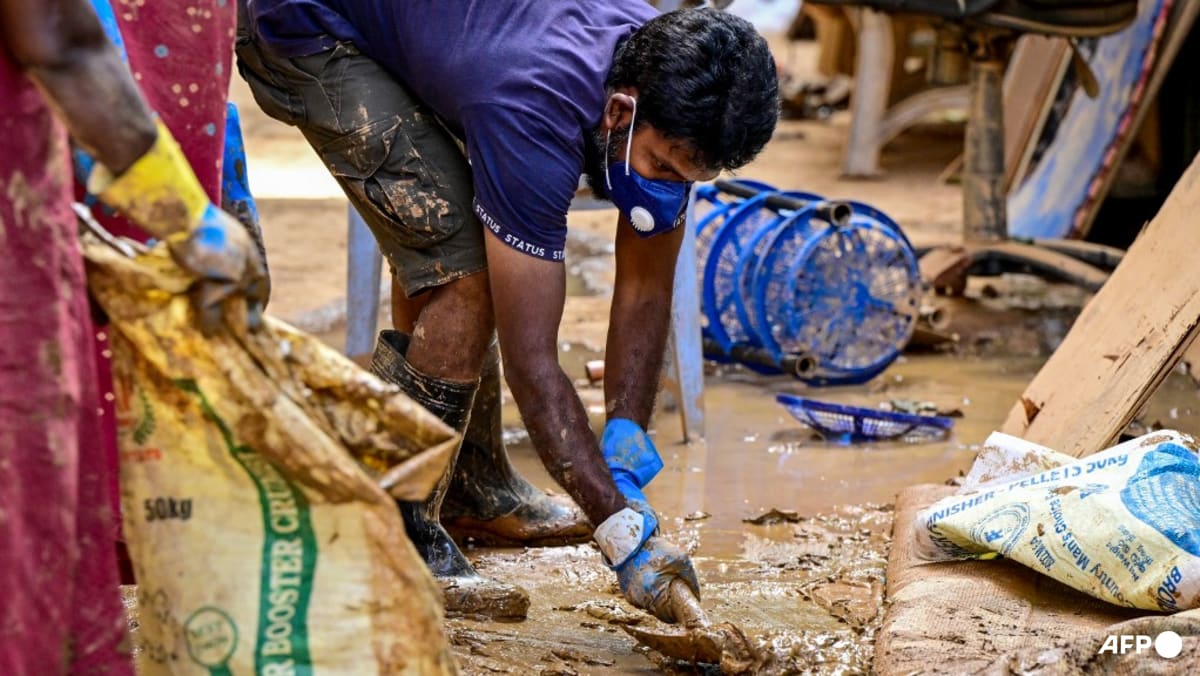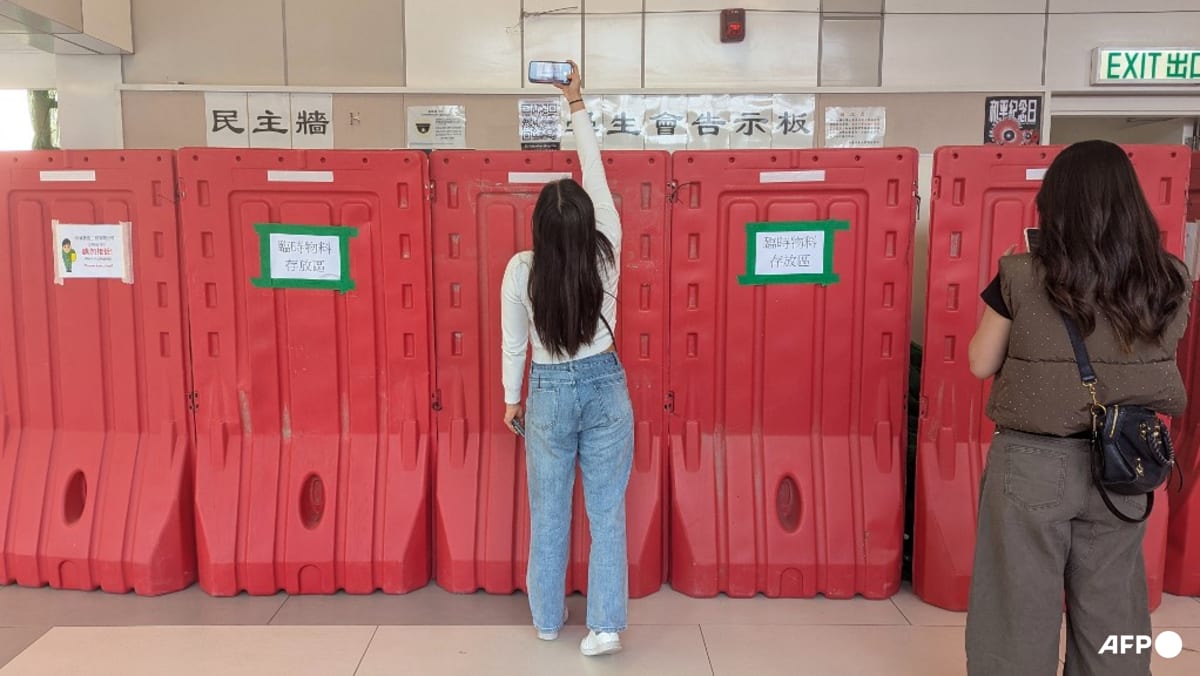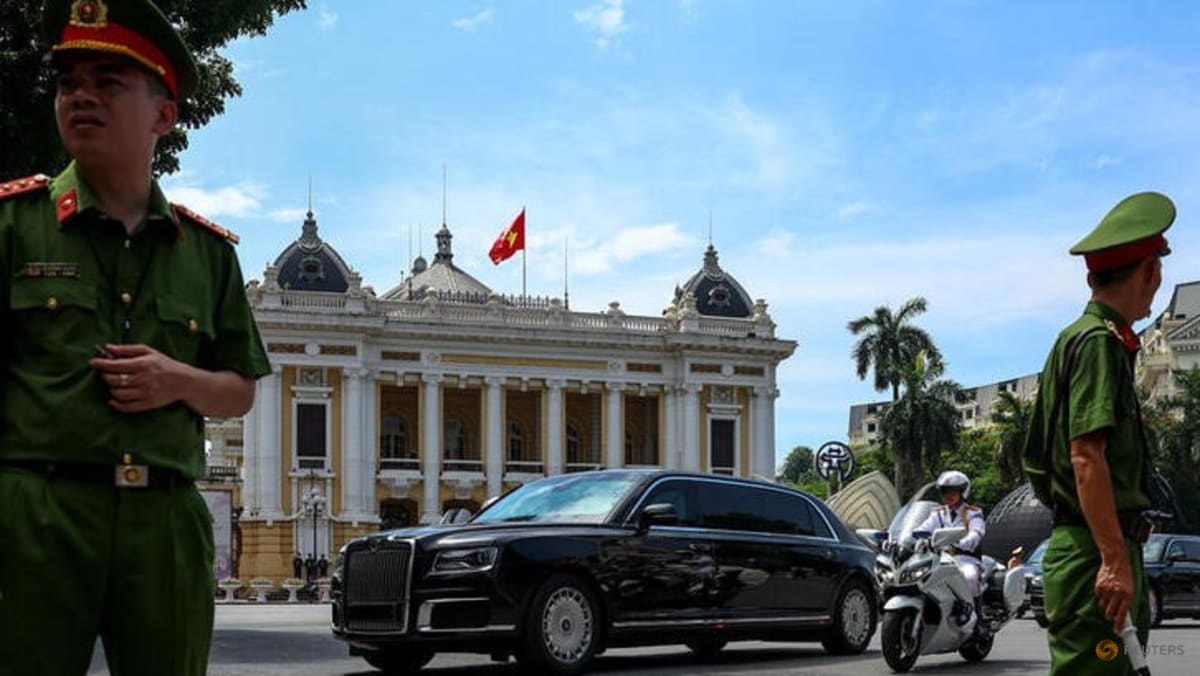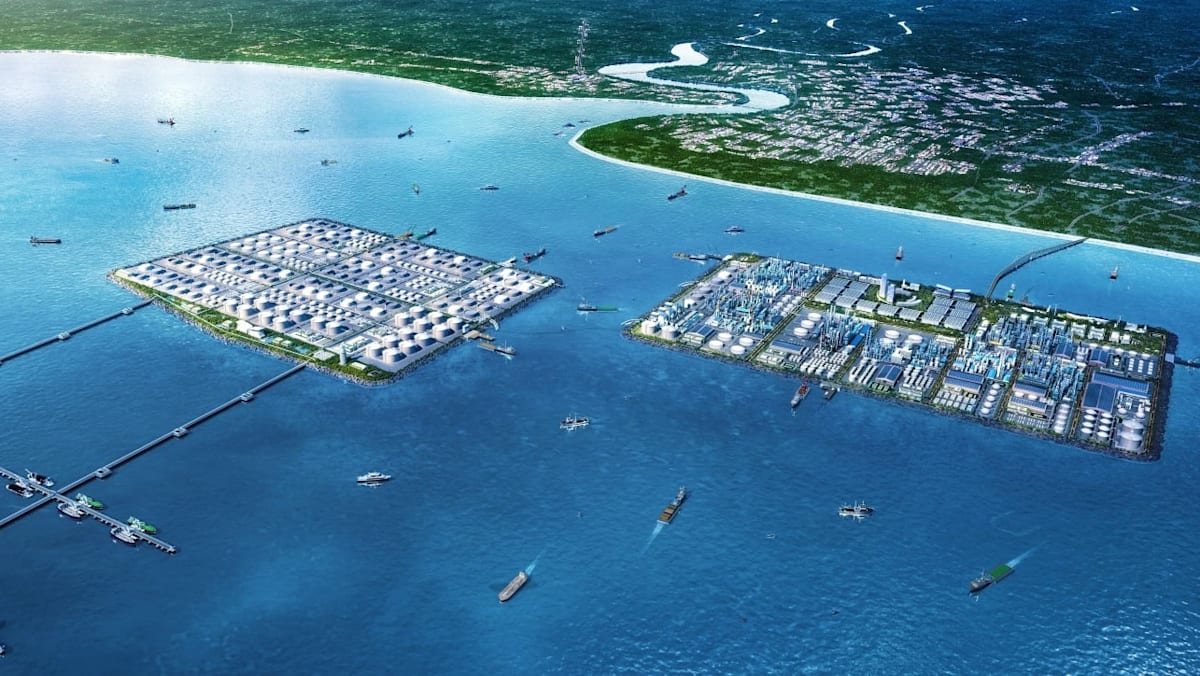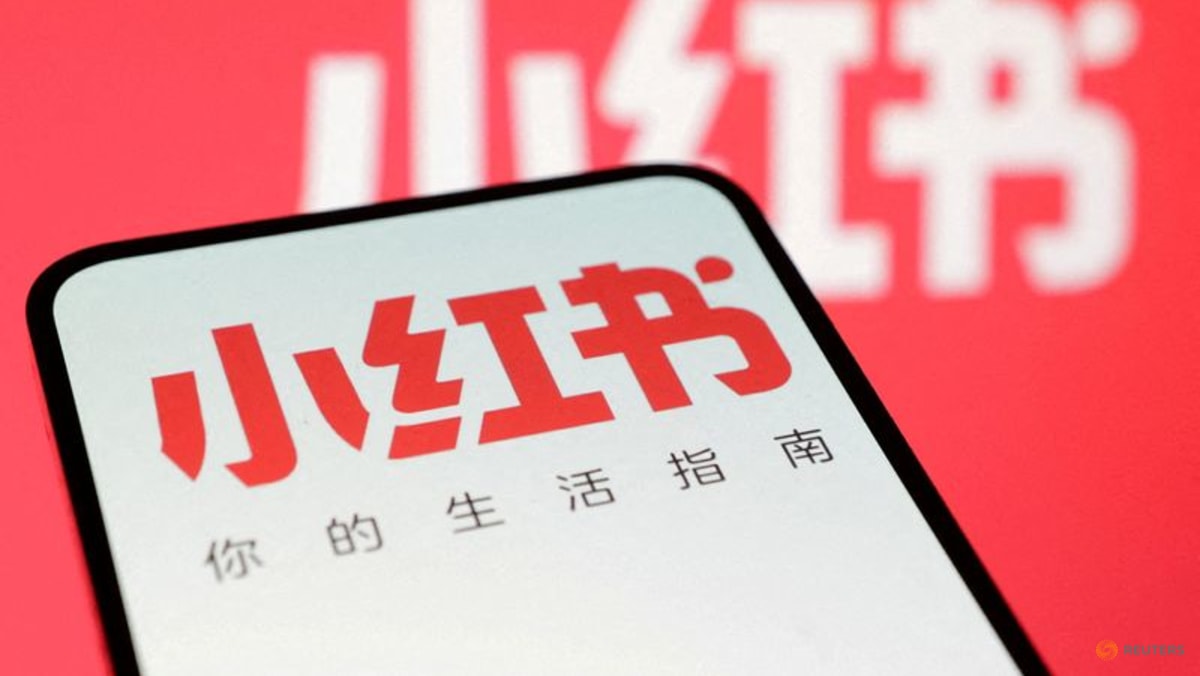CNA Explains: How crucial was the Xi Jinping-Joe Biden meet, and what does it mean for US-China ties?
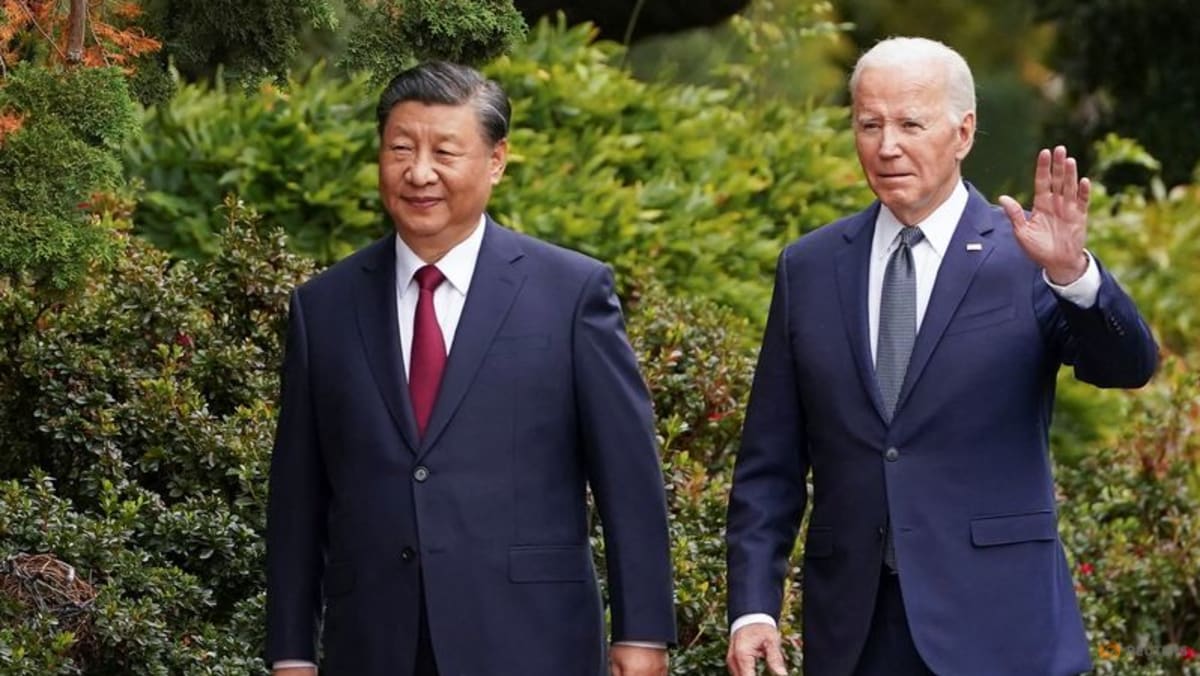
What next for China, US and the rest of the world?
Beijing’s main expectations for the talks was for more stability in US-China ties, and more concrete actions from Washington to improve relations, said Prof Zhu.
Zhang Yang, an assistant professor at American University’s School of International Service, told the AP that symbolically, Xi also wanted to signal to the Chinese people that Biden respects him and that he’s been handling their relationship well.
In a solo news conference after their meeting, Biden said he stood by his view that Xi was a dictator “in the sense” of the Chinese President running a communist country “based on a form of government different” than the US’.
A similar reference in June sparked fury from Beijing, though there was no immediate reaction from the Chinese delegation in San Francisco.
“The overall relationship is still very difficult and tense due to structural problems and lack of mutual trust,” said Prof Zhu. But he was “cautiously optimistic” that things would slightly improve after the summit.
“There are many areas that both sides can work together on, despite the differences,” he added, calling for pragmatism and a focus on common interests in the likes of climate change, nuclear non-proliferation, trade and global health.
On Thursday however Xi and Biden remained far apart on the long-running flashpoint of Taiwan, with their rhetoric unmoving from recent spats.
US officials said the two leaders had a substantial but “clear-headed” back and forth over the island which China claims sovereignty over.
Biden reportedly asked Xi to “respect” elections in Taiwan next year, while Xi said China had no plans to invade in coming years. He also told Biden that peaceful reunification was “unstoppable”.
“Look, peace is … all well and good but at some point we need to move towards resolution more generally,” said Xi, according to US officials.
Prof Zhu said both sides would be careful not to come across as interfering in Taiwan’s 2024 polls.
“They will have to wait until the election outcome is out, and see who will be the winner, and then perhaps they will decide whether they will adjust policy towards Taiwan,” he said.
Source: CNA


